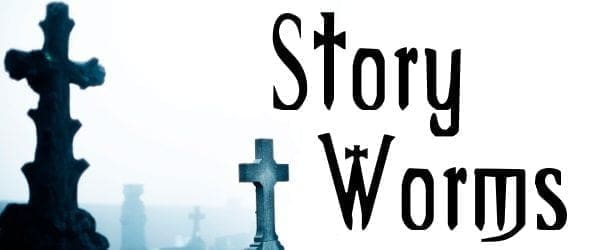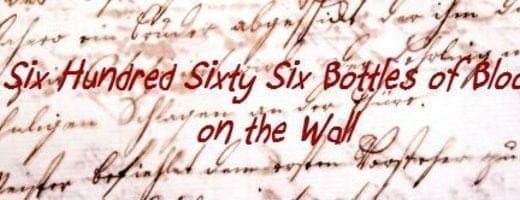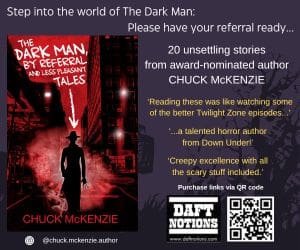Story Worms: Writing Blind

Largely, writers can be split into two different camps: those who plot, and those who don’t. Many writers fall into the spectrum in between, but at one end are the ‘Plotters’, and at the other end… well, they’re often called ‘Pantsers’, but I find that phrase a little uncouth. I prefer Discovery Writers. It makes me sound like I know what I’m doing, like I’m following some kind of official writing theory or strategy.
For some writers, starting a story without knowing where it will end is not only unthinkable, it’s terrifying. It’s like going for a drive on unfamiliar roads without a map, a GPS, an emergency flare. Many would say it’s idiotic, asking for trouble. So why would anyone want to write in this way?
- Plots can feel stifling and hamper creativity
- The feeling of the unknown can be really exciting
- It allows the story to grow more organically
- The writer can change their mind on what their characters do and where the story takes them
Admittedly, short story are far easier to discovery write than novels. There are fewer sub plots to get tangled up in, fewer characters to follow. Often, I set out writing a story with nothing more than an opening line or two, or the name of my main character. I very rarely know what the ending will be. I just have faith that it will reveal itself as I go along. To me, it’s all part of the adventure, and there are several benefits to writing like this:
- Ideas can crop up along the way that the writer may not have thought of otherwise
- It can make characterisation stronger; allowing the characters to lead the way can ensure everything they do or say is in character, and readers aren’t left thinking ‘they wouldn’t do that’
- Motivation to write is fuelled by the excitement of finding out what happens next
- It can help to avoid info-dumps, because the writer only discovers things about their world as their characters do
As with everything, there are downfalls. For one, discovery writing can make editing a heavier task—particularly going back through the text to foreshadow important plot points later in the story, changing character details, adding in explanations and context. And, of course, there is always the chance you may find yourself getting completely lost. But just like when you’re out on a drive, there are ways that you can find your way back to the main road again:
- Go back to the last strong plot marker you placed
- Think about that ending you had in mind
- Ask your characters; see what they want to do
- Walk away and do something else, let your brain come up with the answer subconsciously
- Read your story so far to someone else, and ask for ideas
- Brainstorm
- Just go for the ride and see where you end up
You need to be a little bit brave, a little reckless to be a discovery writer. But if you can silence your inner editor, and allow your first draft to suck, if you can have faith that everything will turn out fine in the end, then discovery writing can be a very exciting ride. It’s not going to be for everyone, but if you’re still unsure what kind of writer you are, or you’re open to trying something new, why not give it a go? Start with a sentence, and see where it takes you.
- About the Author
- Latest Posts
Angeline Trevena is a British author of dystopian urban fantasy and post-apocalyptic fiction. She has an impressive backlist of novels, a series of worldbuilding guides for authors, and short stories appearing in various anthologies and magazines. Despite the brutal and dark nature of her fiction, Angeline is scared of just about everything, and still can’t sleep in a fully dark room. She goes weak at the sight of blood, can’t share a room with a spider, but does have a streak of evil in her somewhere. Find out more at www.angelinetrevena.co.uk












THANK YOU! I am a discovery writer and am glad to know i’m not the only one…or hear another writer actuallly give “discovery” some creedence.
Welcome to the club Teemarie, there are some rather prestigious members too! I love discovery writing, plotting just seems to blow all of the fun out of a story for me so that, once I come to actually write it, I’m kinda done with it all.